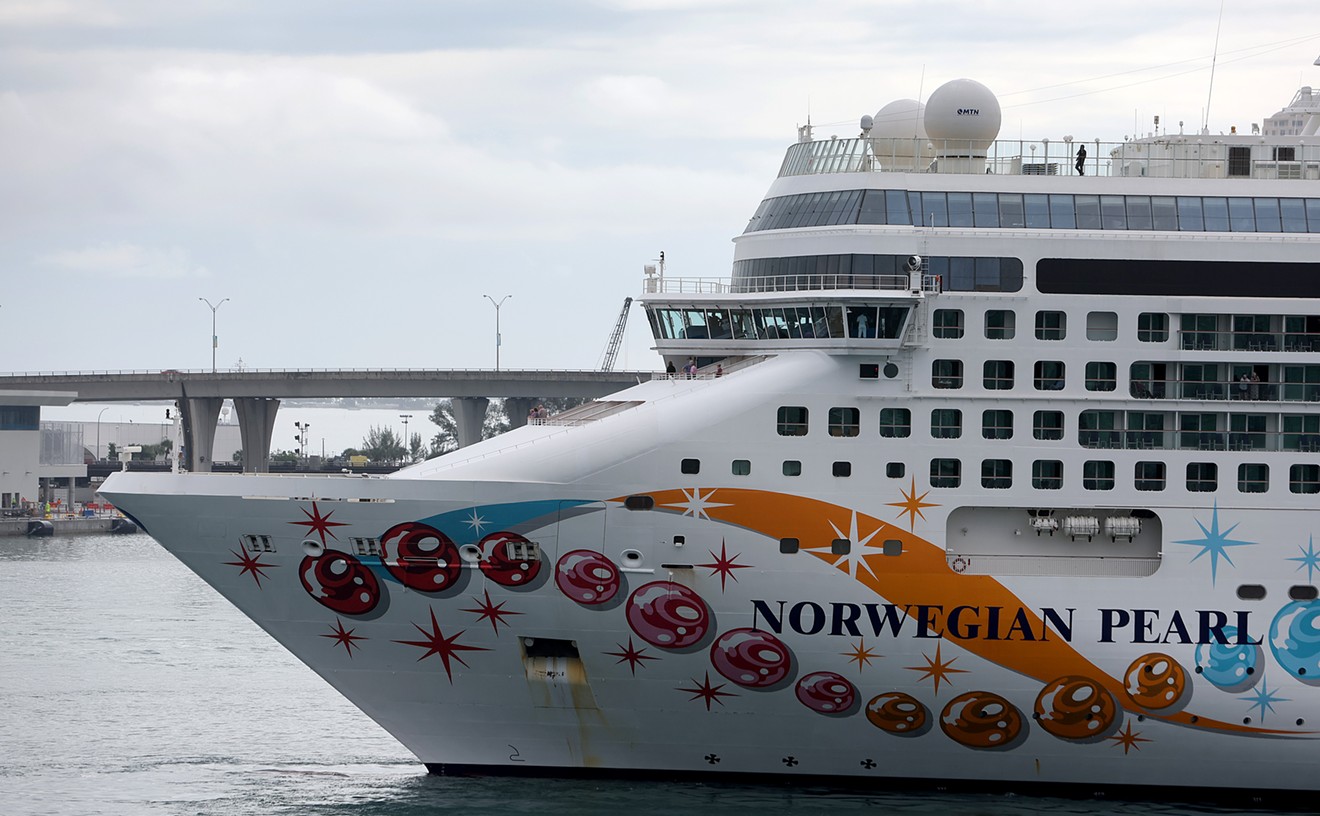It has been a long and curious journey. Stuart grew up in Kent outside of London, skipped college and promptly moved to Soho, entering the film business at seventeen with a BBC documentary called The Hollow Moment, a portrait of the generation caught between punk and the lingering "cultural hangover of the Sixties." From there he plunged into the theater of ambition, a "young hustler in Armani suits," eventually co-producing Nicolas Roeg's Insignificance at the age of 28. Frustrated by the moribund British film industry, he turned to writing novels. His first effort, Glory B., examined the travails of a female pop-singing sensation. The War Zone, a dark and disturbingly believable study of incest, followed shortly thereafter. Told from the perspective of an angry young boy -- a witness to his sister's seduction and conquest of their father -- the book details the destruction of a family through an act of betrayal, as the mounting corruption spreads an inexorable stain of evil throughout the family. Bleak and uncompromising, War Zone perfectly captures the blind rages of adolescence and the relentless crush of fate and destiny: "It's like the level of life we all think we live on only scratches the surface. We're blind to the rest, except when violence or anguish or some other kind of pain and beauty makes us break through, forces us to glimpse a larger world."
The larger world of horror struck in 1987 when three-year-old Joe Buffalo Stuart -- the only child of Stuart and his then wife, Ann Totterdell -- was diagnosed with cancer, one of those watershed events in life that shatters all that has gone before. The couple sold their apartment in London, took a cheaper place in Brighton on the coast of England, and quit working to spend every possible moment with their son. The family wrote a children's book together during the long struggle, Henry and the Sea, and moved into Joe's hospital room toward the end. Stuart finished War Zone, the novel that brought him England's Whitbread Prize and a dose of celebrity, as his son lay dying in a cancer ward. After Joe's death, in January 1989, the couple collaborated on a nonfiction account of their family -- 5 Times 3: The Short Life and Death of Joe Buffalo Stuart -- and then split up. "I couldn't imagine," he remembers, "going on as a couple without Joe."
Stuart, half-crazed and yet empowered by loss ("When you've lost a child, there's not much anybody can really do to you"), traveled to Miami on business in 1990 and decided to take a seasonal apartment, attracted to the "heat and sensuality, the clash of cultures and experiences." Tribes, a hard-edged examination of violent English soccer fans, was published two years later. He has since written the screenplay for Roeg's upcoming production of War Zone and is working on a nonfiction book about Florida entitled Life on Mars. In Miami he fell into a life light years removed from cozy old London -- the dinners with David Hockney and such -- and started hanging out in clubs with kids too young to be burdened by history.
He wound up writing an article called "Strangers in Paradise" for the Independent about his new friends, documenting the netherside of the district. Children of privilege, ignored and indulged, sexually abused, simply lost: tripping during school, going through rehab at fourteen, staying out all night on the streets. Over time he met and fell in love with a nineteen-year-old girl, very hip and very centered, and found the new beginning he had sought from America. "My life was upside down," he recalls. "I'd been freed, in a horrible way, from all those adult problems, the mortgage and all that. At my age you watch your friends grow old before your eyes. I wanted to be young in the sense of starting life fresh. These kids are struggling against the cynicism of middle-age and trying to make moral choices. They still care about things.
"I'd always been drawn to the chaos of clubs, the dodgy people you'd meet, going back as far as far as the Vortex, this punk place in Soho. In the late Eighties, when acid house really hit, you'd go into these warehouse spaces and everybody would be ripped on Ecstasy, taking their clothes off on top of the speakers and just going wild. The kids there don't have any money, unlike here -- you have fifteen-year-olds selling themselves for a few pounds in the West End -- it all got fairly rough and gritty.
"At first the clubs here seemed really straight, fluffy almost. I don't think I've ever seen any Less Than Zero nihilism or decadence; it seems to be more about drugs than sex. At the old Institute one time, they were showing hard-core porno films on the walls. The girls were really offended and disturbed; they want to discover sex for themselves. Drugs are a symptom rather than a cause of teenage angst; kids are sent to rehab here as casually as a British kid might be sent to the dentist. I've seen some pretty scary stuff -- at a party in Kendall one time a boy pissed himself and almost died on freon -- but I don't think this generation is any more lost than we are."
The X generation starts to filter into the apartment, gearing up for another night of clubbing. Stuart, like them, is unfailingly solicitous and polite: a safe harbor from the exploitation of youth that pervades the whorehouse of South Beach, where women are unaccustomed to the slightest courtesy. He's a kind of weird mascot to the kids, a touchstone of hope, able to occupy two worlds at once. Old enough to be their father, and yet still plugged in and open to the new, adept at the bewildering nuances of arcane youth culture. We all head out to a local dance club, the kids talking about body piercing, lame crowds, and being over it all -- the constant refrain of teenagers, usually accompanied by an unfortunate talent for throwing up at inopportune moments. The cutting-edge music is unendurable, the conversation incomprehensible, but Stuart is totally, completely there, discreetly revealing a new tattoo -- his girlfriend's name, translated into Chinese, carved on his ass -- and gyrating away to the music.
In a few days time, he will rise at dawn and once again mourn the anniversary of his son's death: standing like a sentinel by the waters of the Atlantic, looking east, as Joe's mother simultaneously huddles on the cold rocks of Brighton. But for now he's defying time with the children of the new world, out into the great beyond of the night. Suddenly a sentence from "Strangers in Paradise" comes floating back to mind, exactly as if it had been written for this moment: "Everyone is thinking their thoughts, willing America to exist, because more than any other country it is a myth that exists in the mind of its peoples, a machine they keep up in the air.










